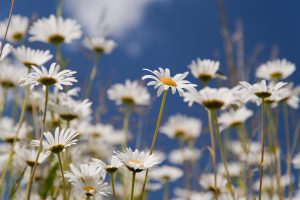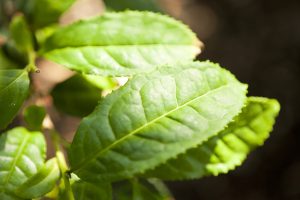Winter weather comes on the heels of a vibrant, colorful autumn season. Shortly after fall foliage falls to the ground, nature tends to greet us with a considerably less colorful palette. What’s more, much of the wildlife and plants that make spring, summer and fall so awe-inspiring tend to hibernate in winter, making it more difficult to find bright spots on drab days.
If you think that winter means the end of beautiful garden colors, think again. There are plenty of cool-season flowers and other plants that can add a pop of color to brighten your day. These flowers provide color right when most people need it most.

In areas where winter is not marked by a deep freeze, homeowners can plant pansies, snapdragons, English daisies, calendula, and other blooms from early fall through late winter. These plants will survive the cold, keeping containers, borders, and gardens full of color.
Camellias are a type of flower that blooms in fall and winter in hues of red, pink, coral, white, and more. The plants are evergreen and will grow from shrubs or small trees when fully established.

Homeowners who live in climates marked by cold winters can opt for plants that offer color but without flowers. According to HGTV, these include cabbages and kales, which can survive most cold winters and lend an interesting texture to a winter landscape bed.
Of course, no list of winter’s colorful plants would be complete without holly, which offers an eye-catching display of evergreen leaves and bright red berries, though sometimes the berries are golden. Either way, they can be a sight for sore eyes on gray winter days.



